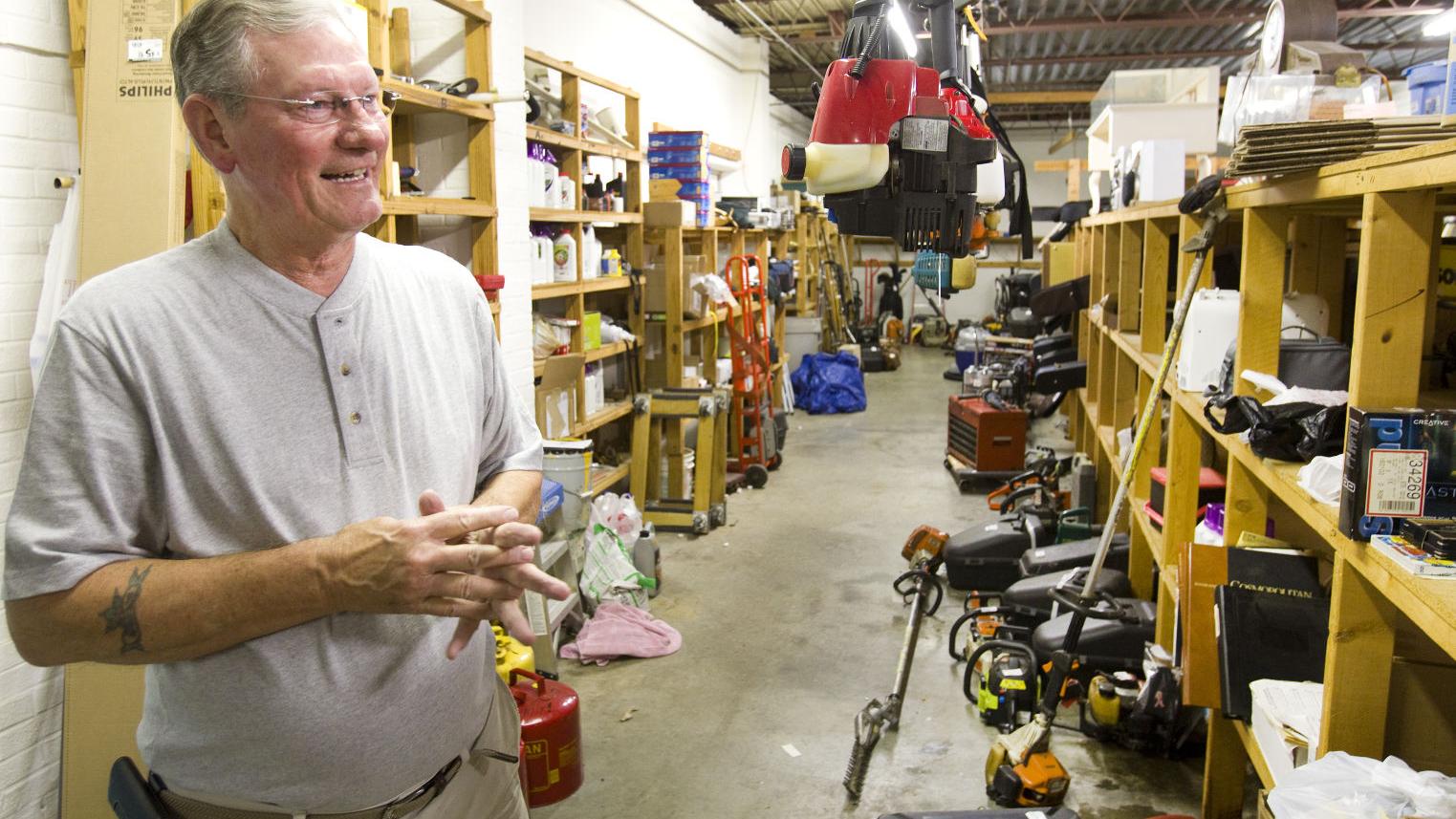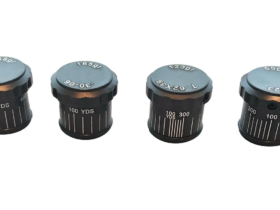Pawning your unused gold jewellery is a good way to get cash fast. When you are looking to pawn your unused items you have to provide your ID and some personal information. Be sure to ask about any privacy concerns you may have.
A pawnshop takes different items of value from customers. Melbourne Pawnbrokers take anything from gold jewellery to musical instruments. These valuable items can be used as collateral for a short term loan.
Customers in need of fast cash but aren’t quite ready to part with their valuables permanently don’t have to sell their valuables but they can get a pawn loan instead. With a pawn loan you need to pledge your valuables. The pawnbroker will evaluate the items and give you a value for your loan. You can pay the loan off over the specified period. If you fail to do so, you forfeit your items and the pawnbroker can sell them for whatever price that will make them a good profit. You can also sell your goods to a pawnshop if you no longer have any use for it. You can pawn the same item to the same pawnshop more than once or you can take it around to a different pawn shop with a better price offer.
You don’t need to have good credit to get a pawn loan. Pawn shops usually offer better interest and terms than pay day loans.
The problem that the pawn industry has faced is criminals selling stolen items. Pawnbrokers do not go out to buy goods from sketchy people. That is why a lot of pawn shops work with local police to curb the selling of stolen goods. Pawn shops keep information on their customers.
They require identification with each item that a customer brings to a store. When you have to pawn something, the pawnbroker will take down your personal information and keep it on file along with the description of the items pawned. By doing this, pawn shops can be a vital part of police investigation to find stolen good or identify them so they can be returned to their rightful owners.
What kind of records are kept by pawnbrokers?
Melbourne Pawnbrokers will ask you for a government- issued identification. Pawnbrokers log everything that they accept in the store. Some police forces have a database that pawnbrokers can access. Some manufactures keep a database of items they manufacture with serial numbers. A pawnshop can use any of these databases to check whether the item they are about to accept really belongs to the person who just brought it in. The police can use the information downloaded on the database to track items and the information on the person who sold it to a pawnbroker. The information stays in the pawn shop’s records for three to five years either in hard copy or electronic format. After that time the information is shredded or erased.
If you are concerned about your private information being shared with others, talk to the pawnbroker to find out what they do with the information they get about customers. Make sure that they fit sell their databases t third parties.











